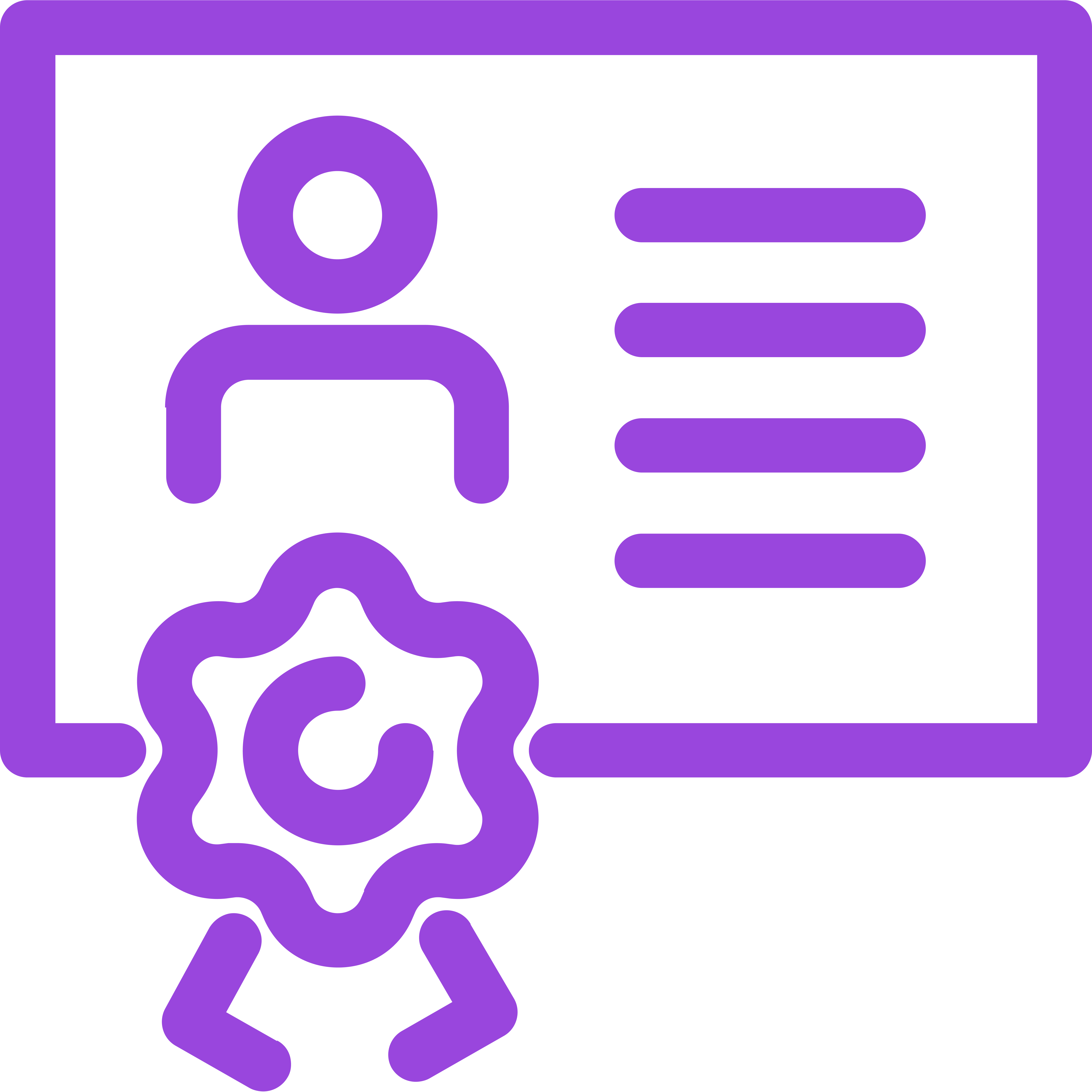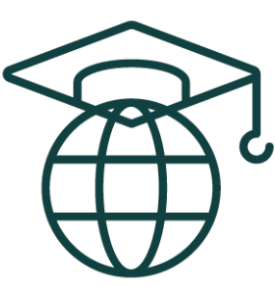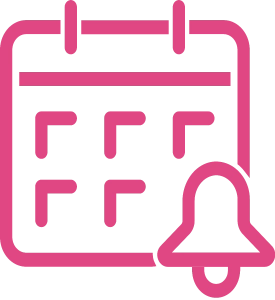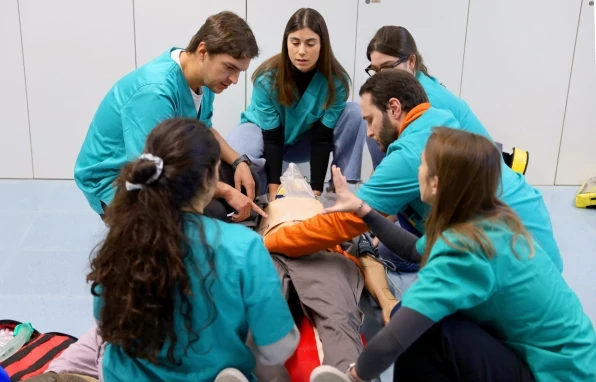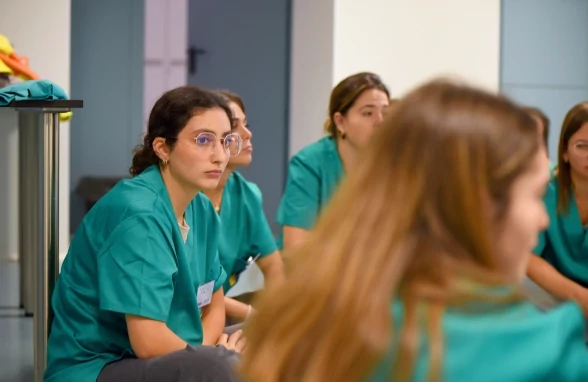Module 6
Clinical research applied to the critically ill patient and emergencies
You will integrate critical thinking, science, and research skills. Learn to propose, write, and defend a real project with scientific rigor. Finish your master's as a complete professional.
